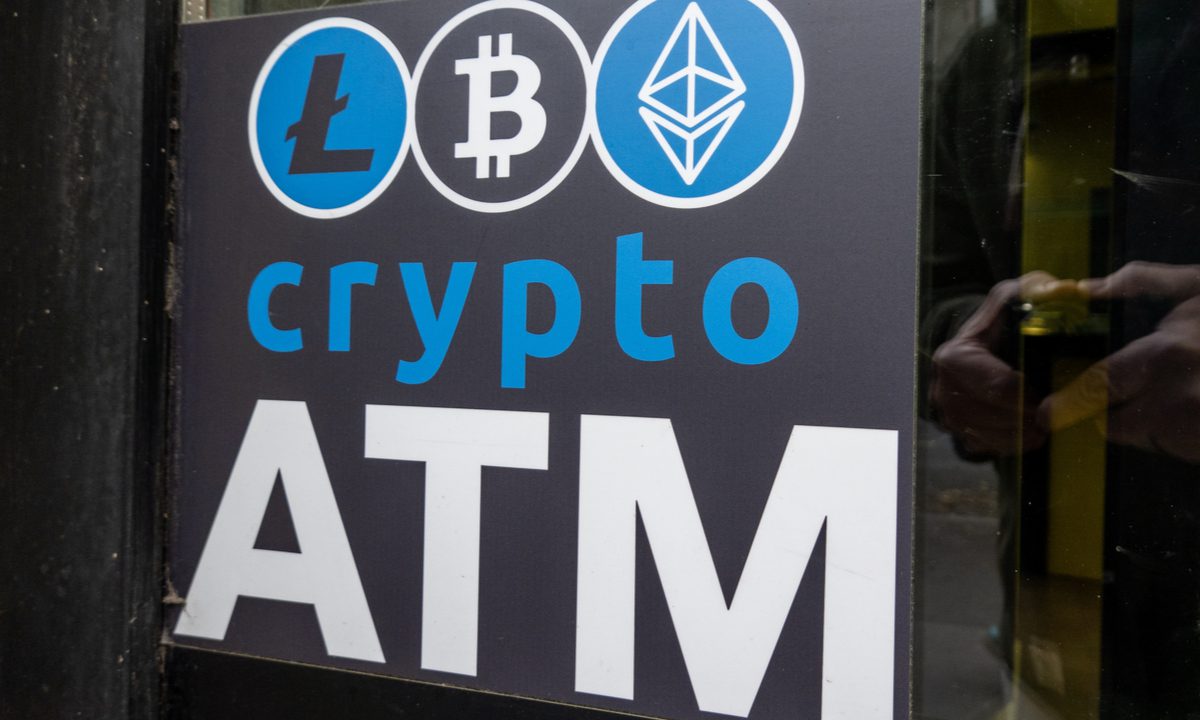New Zealand Proposes Crypto ATM Ban in Major Crime Crackdown Effort

New Zealand Moves to Ban Cryptocurrency ATMs and Regulate Cash Transfers
Government’s Initiative Against Financial Crimes
New Zealand is taking significant steps to combat financial crime by proposing a ban on cryptocurrency ATMs and imposing restrictions on international cash transfers. Associate Justice Minister Nicole McKee unveiled these plans on July 9, highlighting the government’s commitment to reforming its anti-money laundering (AML) and counter-terrorism financing (CFT) strategies.
Strengthening Law Enforcement Powers
McKee emphasized that the government aims to focus on criminal activities rather than burdening legitimate businesses with excessive regulations. The Cabinet has agreed to introduce new legislation that will enhance the enforcement capabilities of law enforcement agencies and regulatory bodies in their fight against money laundering.
New Financial Sanctions and Cash Transfer Limits
The proposed legislation will establish a new supervisory framework for financial sanctions and initiate discussions on a sustainable funding model to improve the AML/CFT system. One of the key features of this bill is a cap on the amount of cash that can be transferred internationally, limiting it to $5,000 per transaction. This measure is designed to reduce the opportunities for criminals to move illicit funds abroad.
Banning Cryptocurrency ATMs
In a bid to make it more challenging for criminals to convert cash into high-risk assets like cryptocurrencies, the government plans to prohibit the operation of cryptocurrency ATMs. These machines allow users to purchase digital currencies using cash or cards, sending the tokens directly to their digital wallets.
Global Concerns Over Crypto ATMs
The rise in popularity of cryptocurrency ATMs has raised alarms in various countries due to their association with criminal activities. The U.S. Federal Trade Commission (FTC) reported that these machines have become a common method for scammers to exploit unsuspecting consumers. The FTC noted a staggering increase in consumer losses related to scams involving crypto ATMs, which surged from $12 million in 2020 to $114 million in 2023. This figure likely represents only a fraction of the actual losses, as many fraud cases go unreported.
Scams Targeting Consumers
Scammers often create a sense of urgency, convincing victims to withdraw cash and deposit it into a bitcoin ATM. Once consumers scan a QR code provided by the fraudsters, their money is transferred directly into the scammer’s cryptocurrency account.
International Responses to Crypto ATM Regulations
Following the FTC’s warning, the British government took action by prosecuting individuals operating unlicensed cryptocurrency ATMs. Therese Chambers, a senior official at the U.K. Financial Conduct Authority, made it clear that illegal crypto ATM operations would not be tolerated, emphasizing that users risk losing their money to criminals.
Rising Incidents of Crypto Fraud
Recent reports from the FBI indicate a significant rise in cryptocurrency fraud, with a 66% increase noted between 2023 and 2024, largely attributed to scams involving bitcoin ATMs. This alarming trend underscores the urgent need for regulatory measures to protect consumers and curb financial crime.







